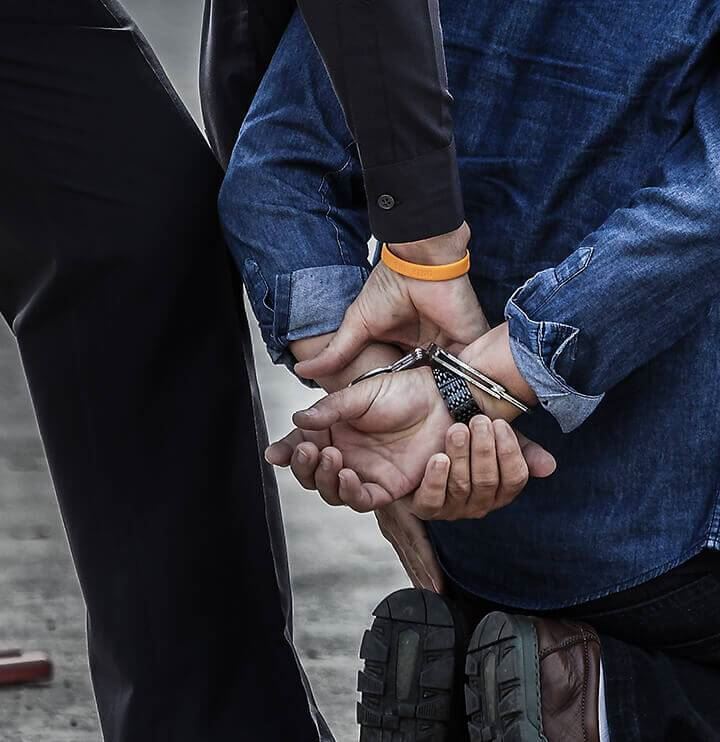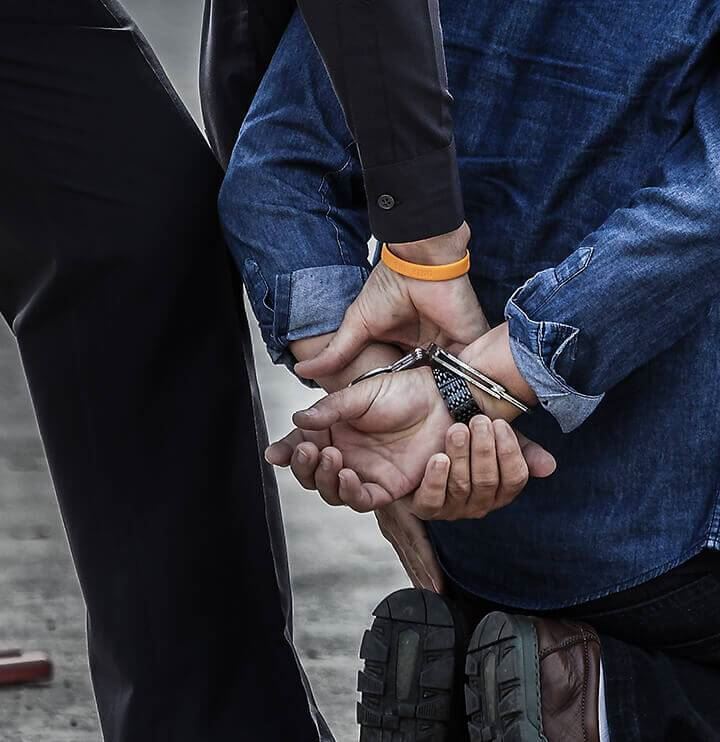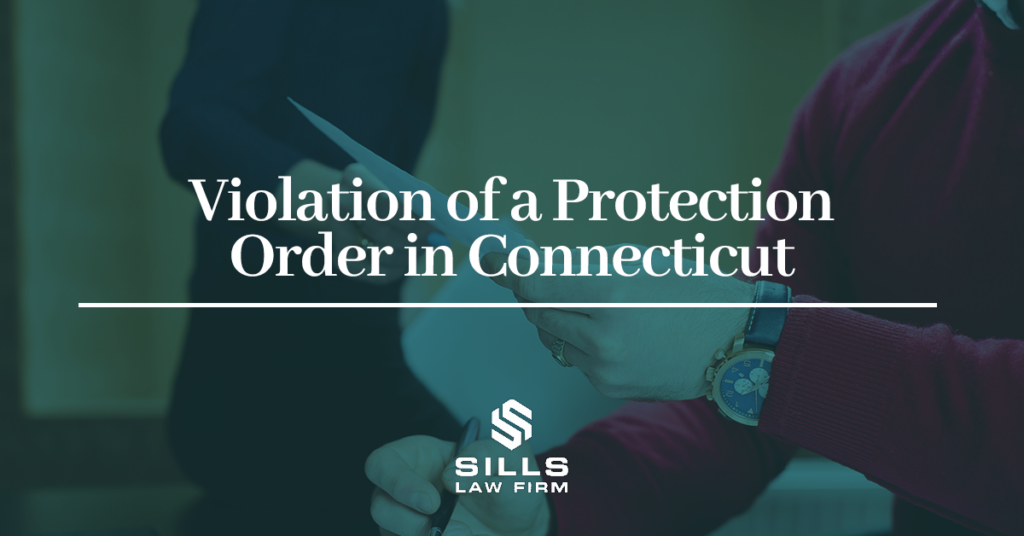If you have been arrested for drug possession in Connecticut, you need to hire an experienced criminal defense lawyer who can help you either get your entire case dismissed or your charges reduced. A conviction can lead to a jail or prison sentence, fines, and a permanent criminal record that can ruin your professional reputation and personal life.
Your attorney can review your case and determine which defenses are available to you. While some defenses challenge the evidence or stated facts of the case, others challenge procedural errors made by law enforcement.
The following are the most common defenses to drug possession:
- Illegal search and seizure – The Fourth Amendment of the U.S. Constitution gives each citizen a fundamental right to privacy, which makes unreasonable searches and seizures against the law. Unless the drugs are in plain sight, without probable cause, a warrant, or consent from the suspect, the police are not authorized to perform a search. Any evidence that was unlawfully obtained can be inadmissible in court. Without key evidence for a conviction, your case could be thrown out.
- The drugs are not yours – Another common defense is not being aware of the drugs were on your person. For example, you borrow your friend’s car and end up getting pulled over by the police. When the officer performs the search, he/she finds drugs in the glove compartment that belong to your friend but ends up arrested you for drug possession.
- The substance is not an illicit drug – You can only be charged with drug possession if you have a controlled substance. On the other hand, drug laws don’t apply when you are in possession of another substance. For example, let’s say the police find a bag of white powder in a Ziplock bag and charge you with possession of cocaine. Upon lab testing, the substance in question is actually baking soda, resulting in the dismissal of the case.
- You are a medical marijuana patient – In 2012, medical marijuana became legal in Connecticut, allowing patients with certain qualifying conditions (e.g. cancer, HIV/AIDS, cerebral palsy, Parkinson’s disease, etc.) to purchase, possess, and use medicinal cannabis to treat their ailments or mitigate symptoms. If you have been arrested for cannabis possession despite being a medical marijuana patient, all you need to do is show proof of medical authorization to possess pot and your charges will be dismissed.
- Entrapment – Although the police can set up sting operations, entrapment happens when an officer or informant convinces a person to commit an offense he/she otherwise may not have committed. So, if an undercover officer makes you pass drugs to another party, this is an example of entrapment.
- The drugs were planted – While this is a rare situation, there are several cases where police officers intentionally plant drugs to make an arrest. Since officers are reluctant to blow the whistle on one another, your attorney could file a motion to determine if there are citizen complaints about lying and planting evidence against the arresting officer.
For more information about drug possession defenses, contact The Sills Law Firm today at (860) 524-8118 and request a free consultation.
Related:






